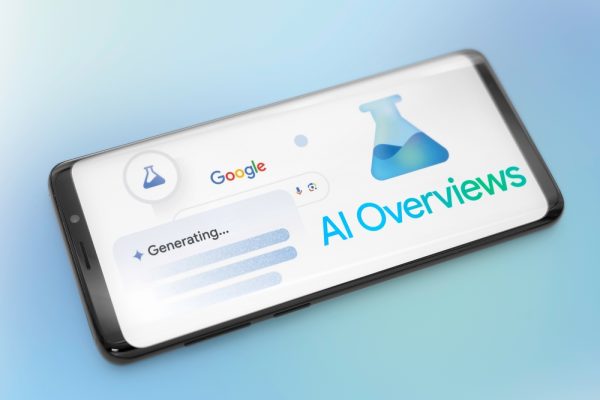Every few years, we hear some story about how the younger generation is going to change how the practice of law happens: the younger demographics are going to force the legal industry out of the dark ages, move everything to digital and online, eliminate paperwork and pinstripe suits, yada yada yada.
Is GenZ different? Maybe. Those young folks are barely of drinking age at this point, which means the oldest of them are finally potential clients for us lawyers. And they do have some odd habits, like TikTok, that a lot of us only read about in our paper newspapers while swinging in our rocking chairs.
So how might these young consumers change the industry? Here are a few ideas, though you may be surprised by the conclusion.
Different Advertising Channels
This is probably the biggest one. Many millennials don’t even go on Facebook anymore. Instagram? It has its place. But more and more social media activity is migrating to private group chats (WeChat, Viber, WhatsApp, or a good old fashion text messaging) or the latest fad, TikTok. (Ask us about TikTok in five years – There is a non-zero chance that its growth stalls out like Snapchat did.)
No matter what the newest social network is, it does seem like a near certainty that there will be some new advertising channel beyond the two big players out there now: Facebook (which owns Instagram, WhatsApp, and the “metaverse”) and Google.
While today’s legal advertisers would likely put their safest money on those two big ad networks, there are plenty of anecdotal stories of attorneys finding untapped legal markets on the smaller social networks. If you’re struggling to keep up with the cost of advertising on the big two – and with the cost per click on those sometimes exceeding hundreds of dollars, who can blame you – genuinely participating in the conversation on these smaller networks can make you a big fish in a small pond.
More Virtual Law Practice
In the last two years, the entire world has become accustomed to doing everything via online video calls — birthdays, court hearings, even happy hours. So, it should be no surprise to you that the youngest generation, which may have spent multiple formative school years in online classrooms, will be more comfortable than prior generations with dropping into a Zoom call to meet with their personal injury attorney.
Again, this is already a trend for consumers generally due to the nature of the pandemic. But, it does stand to reason that a younger generation that grew up forced to use this technology for everything will be even more accepting and perhaps even prefer it for all but the most vital meetings with their attorney.
Better Diversity in the Courtroom
If you look at a Harvard law class from fifty years ago, it was all white males. Thankfully, that has changed dramatically and you see graduating classes of lawyers that far more resemble the overall population in terms of gender demographics. However, even with the progress in the classrooms and bar exam rolls, you still see fewer women and minority attorneys and especially judges.
The bench especially is ripe for a change. As many of our existing judges, who likely graduated from those older, less diverse, law school cohorts age out, it is reasonable to expect that we will see more faces on the bench that match the faces of the attorneys and of their clients.
Not Much Will Change At All
The legal industry needs to change. One only has to look at the access to justice statistics that show the unmet legal needs of as much as eighty percent of court participants in pro per in family law and landlord tenant cases to see that our industry is failing to serve the overall market. Jack Newton, of Clio, called this the “latent legal services market.” But when it reaches figures like eighty percent, it is the legal market and we lawyers are the exception.
As a result, we are starting to see some states allow non-lawyers to practice law, startup companies embrace direct to consumer legal services, and states are even starting to allow non-lawyers to own law firms so that more money and innovation can be driven into the heart of our arguably antiquated law practice.
However, for every good-natured pilot program and lip service given to closing access to justice gaps, we have decades of regulatory obstacles, unauthorized practice of law rules, and generations of lawyers raised in the billable hour because “we have always done it this way“ and “whatever older judges say goes.“ All of this works against anyone who wants to change the system.
Ten, twenty years from now? We will still probably be billing by the hour in most practice areas, or slapping contingency fees on cases in personal injury matters. We will still have courtrooms and judges and lawyers. Clients will still want attorneys with experience who can zealously advocate for their needs. None of that changes.
So, while Generation Z may grow up a little more comfortable with hopping on a video chat with their lawyer rather than driving through traffic to sit in a brick and mortar office with shelves lined with supreme court books that nobody has ever read, and they may have found their lawyer on SnapTok, the fundamental practice of law will remain unchanged. These consumers will still need the help of an expert that they can trust, lawyers will still have to go through years of training and examinations to get a license, and we will still work with an adversarial system that forces us to work our hardest to get our clients the best results possible.






